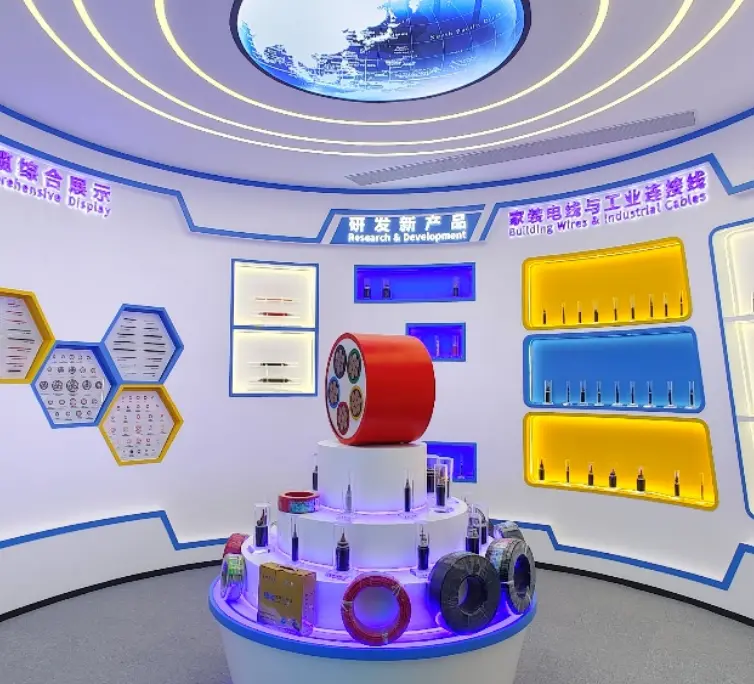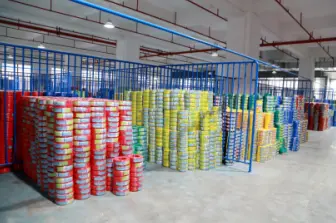What Is PVC Electrical Cable and Its Fields of Use
Polyvinyl Chloride (PVC) cables are a commonly used type of insulated wire, widely used in various fields. PVC electrical cables refer to those where the outermost material wrapping the core is made of PVC material, essentially making it an insulated wire. PVC electrical cable materials are composed of PVC resin, stabilizers, plasticizers, fillers, lubricants, antioxidants, colorants, etc. Polyvinyl Chloride is a polymer formed by the polymerization of vinyl chloride monomer under the action of initiators such as peroxides, azo compounds, or under the effects of light and heat according to the free radical polymerization mechanism. Vinyl chloride homopolymer and vinyl chloride copolymer are collectively referred to as PVC resin. Due to its low cost and stable performance, it is favored by many users.
Application Fields of PVC Electrical Cables
Construction Industry
In the internal wiring systems of buildings, PVC electrical cables are often used for electrical connections in lighting, power, and control systems; their fire resistance performance is also widely applied and recognized.
Power Transmission
In the long-distance power transmission process of power systems, PVC electrical cables play an important role. They are used to construct transmission networks for overhead or buried lines.
Industrial Automation and Manufacturing
In industrial environments, especially in scenarios requiring flexibility and durability, PVC electrical cables are widely used in aspects such as robot control harnesses and sensor signal transmission.
Advantages of PVC Electrical Cables
Due to its excellent chemical stability, mechanical strength, and economy, PVC material is one of the ideal protective materials for electrical conductors. Additionally, its ease of processing and forming provides convenient conditions for making cables of various specifications and complex structures.
Specific Application Examples of PVC Electrical Cables
On construction sites, one often encounters harsh environmental factors such as erosion from humid soil. In these cases, using waterproof PVC electrical cables ensures the safe operation of circuits, avoiding problems caused by environmental factors.
Another example is that on industrial automation production lines, precise and reliable PVC data transmission cables and communication cables ensure the accurate transmission of signals between various components, improving production efficiency and quality levels.
In addition, there is also ample application space in fields such as agricultural irrigation systems and urban infrastructure construction.
Precautions and Usage Recommendations for PVC Electrical Cables
Although PVC electrical cables have many advantages, there are still some precautions to ensure safety and prolong their lifespan during use. For instance, avoid prolonged overload work, keep the environment dry, and prevent excessive bending to avoid damage and ensure normal functionality.
Latest News & Blog
 English
English  français
français  Deutsch
Deutsch  العربية
العربية  tiếng việt
tiếng việt  ไทย
ไทย  čeština
čeština  Indonesia
Indonesia  Eesti
Eesti  български
български  slovenčina
slovenčina 



